How Do I Stay Clean and Sober Through Surgery?
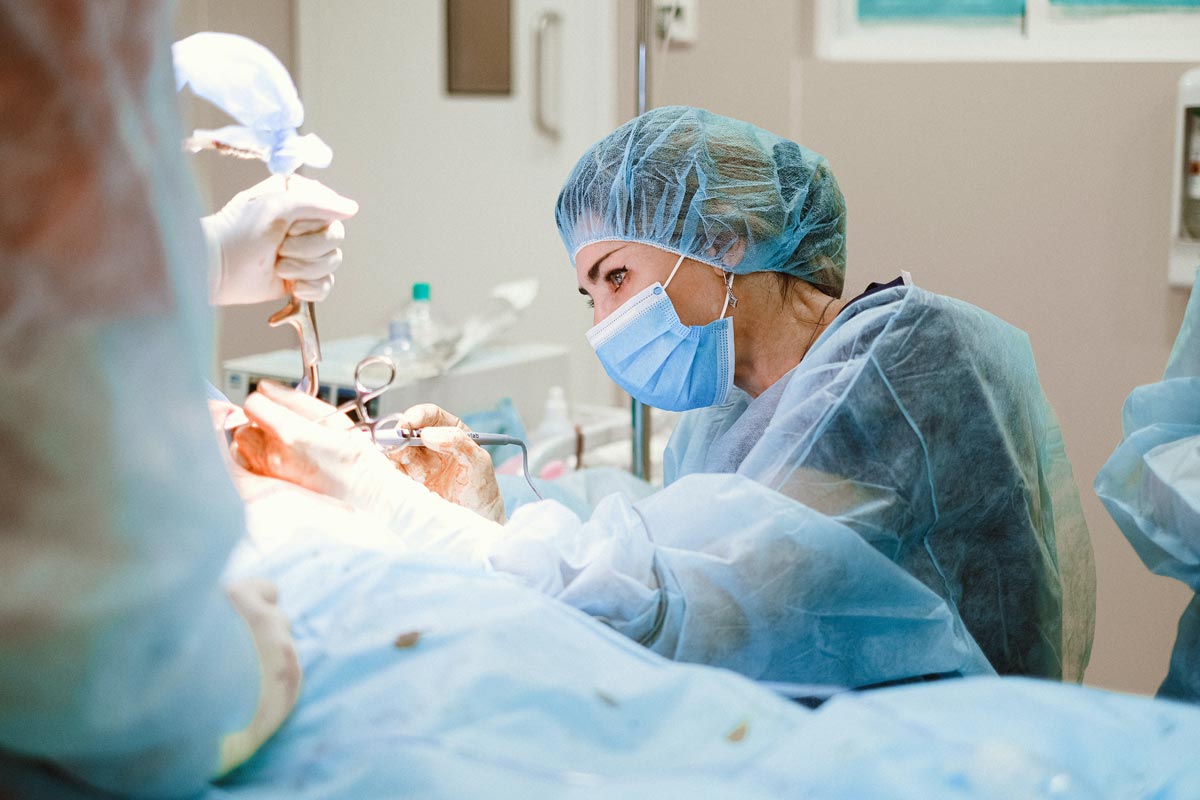 If you’re in recovery, staying off of drugs and alcohol can seem critical for staying in recovery. But, if you’re heading for a major surgery, it might be impossible to avoid pain pills. For any recovering addict, those pills are a massive risk because they’re mostly opioids. That can trigger a relapse, or a major addiction to pain pills – and that’s the last thing you want.
If you’re in recovery, staying off of drugs and alcohol can seem critical for staying in recovery. But, if you’re heading for a major surgery, it might be impossible to avoid pain pills. For any recovering addict, those pills are a massive risk because they’re mostly opioids. That can trigger a relapse, or a major addiction to pain pills – and that’s the last thing you want.
Unfortunately, you can’t always skip pain medication when you go through surgery. Managing pain allows you to recover by keeping stress, inflammation, and shock to a minimum. In addition, pills aren’t the only risks for relapse during surgery. You’ll have to plan around several factors like your habits, coping mechanisms, and quality of life.
Talk To Your Doctor
If you have a history of substance abuse, it’s important to talk to your doctor. Even the nurse at your clinic can help you to make choices that are best for you. Here, you can share concerns, share your history, and ask for advice and help.
For example, you might be offered an alternative pain management schedule. This introduces more risk management to your pain medication schedule, meaning you get more checkups, more tests, and more questions to ensure you get on and off the drugs as quickly as possible. Having someone around to constantly monitor what you’re taking and why can also help you to avoid abusing opioids. In addition, your nurse or doctor will be able to better understand when you can switch to prescription-strength Tylenol after the surgery. Depending on your reaction, that could be anywhere from 2-14 days after surgery – which means that having consistent monitoring could mean getting off opioids much sooner.
Depending on how high your risk is, your doctor could actually opt to keep you in the hospital until you can switch to Tylenol. That means you’ll never take opioids home, minimizing your total risk.
Maintain Good Habits
Your lifestyle has a large impact on how you’re able to cope with emotions, cravings, and to avoid drugs. Most of us are aware that moderate exercise, healthy eating, and doing social things with friends and family boosts our mood, so we don’t feel the need for drugs and alcohol as much. However, surgery can get in the way. For example, if you’re in debilitating pain, you can’t exercise. And, if you have stitches, you shouldn’t. But it is important to maintain your social life, to stay engaged, and to get outside where you can. You’ll also want to know when you can start exercising again. For example, many people need to go into physical therapy after surgery, if that’s the case, when can you start going and how much you do? The faster you get back into it, the faster things will improve.
You’ll also want to pay attention to food and drink. If you eat well and avoid sugary drinks, you’re less likely to crash than if you do the opposite. So, managing your diet will improve your ability to stay clean and sober.
In addition, the sooner you start physical therapy and light exercise, the less pain you’ll be in. That means you’ll probably need less medication, meaning you can go back to full sobriety more quickly.
Get Your Questions Answered
Go to Therapy
 Most people don’t think of therapy as a pain management technique, but it can be. In addition, therapy can help you to improve mental health and maintain emotional regulation and mood during surgery recovery. Recovering from surgery can be traumatizing. You might find that you’re basically helpless, you’re in pain, and you’ll experience significant mood swings and depression. This is a normal part of major surgery and pain. Yet, if you’re in recovery from addiction, you’re especially at risk for relapse. This means getting therapy and counseling over the period may be essential to staying in recovery.
Most people don’t think of therapy as a pain management technique, but it can be. In addition, therapy can help you to improve mental health and maintain emotional regulation and mood during surgery recovery. Recovering from surgery can be traumatizing. You might find that you’re basically helpless, you’re in pain, and you’ll experience significant mood swings and depression. This is a normal part of major surgery and pain. Yet, if you’re in recovery from addiction, you’re especially at risk for relapse. This means getting therapy and counseling over the period may be essential to staying in recovery.
You can do that for pain, for your mood, or for both. But, you should ask for and plan for it before your surgery starts.
Therapy can also help you with stress management so that you don’t need as much of an outlet. For example, if you’re stressed because you can’t do as much, you might find that having therapy reduces your drive to lean on alcohol or painkillers to relive that stress. Of course, therapy won’t cure stress, but it can help and it can give you validation and more effective tools to do something with it.
What to Do If You’re Struggling
The ideal is that you discuss risks upfront with your medical care provider, that you have measures put in place ahead of time, and that you get support as an ongoing thing. However, if you’ve been through surgery and are now using pain pills and are struggling, it’s important that you take steps as quickly as possible. The first is to talk to your doctor.
- Explain your medical history and your history of substance abuse
- Discuss any cravings, abuse, or overuse of the drugs you have that you’ve been experiencing
- Ask for extra checkups – in most areas this will be easy to arrange, although your insurance may not oblige
- Practice care with your pain pills. For example, waiting until you’re in pain to take pills. You’ll also want to talk to your doctor about switching to prescription strength Tylenol as quickly as possible. Depending on the surgery, they might be able to offer you NSAIDs immediately instead of opioids.
- Ask for a hotline to reach out to for help. If you’re living alone, don’t have support, or don’t have home motivation to stay on track with your recovery, having someone you can call and talk to can help.
The most important part of staying clean and sober through surgery is to talk to your doctor upfront. You’ll also want to ensure that you have social support and friends and family over to visit and give you support and help while you’re recovering. And, you’ll want to take steps to minimize the amount of stuff you’ll struggle with. For example if you know you’ll be in a wheelchair for several weeks, you’ll want to ensure your home is wheelchair accessible to reduce frustration. Taking steps to care for yourself after surgery will reduce the amount that you feel down.
However, you’ll also need emotional, mental, and physical support. Going to therapy, going to physical therapy, and talking to your doctor will help. No surgery is without risk for someone who’s in recovery, however, you can reduce risks and help yourself to stay clean and sober.
If you or your loved-one struggles from alcoholism or other substance abuse please contact us today and speak with one of our experienced and professional intake advisors about our detox, partial hospitalization, and residential treatment programs. 10 Acre Ranch also has specialty tracks like our pet friendly drug rehab and couples substance abuse treatment programs. We’re here to help you recover.
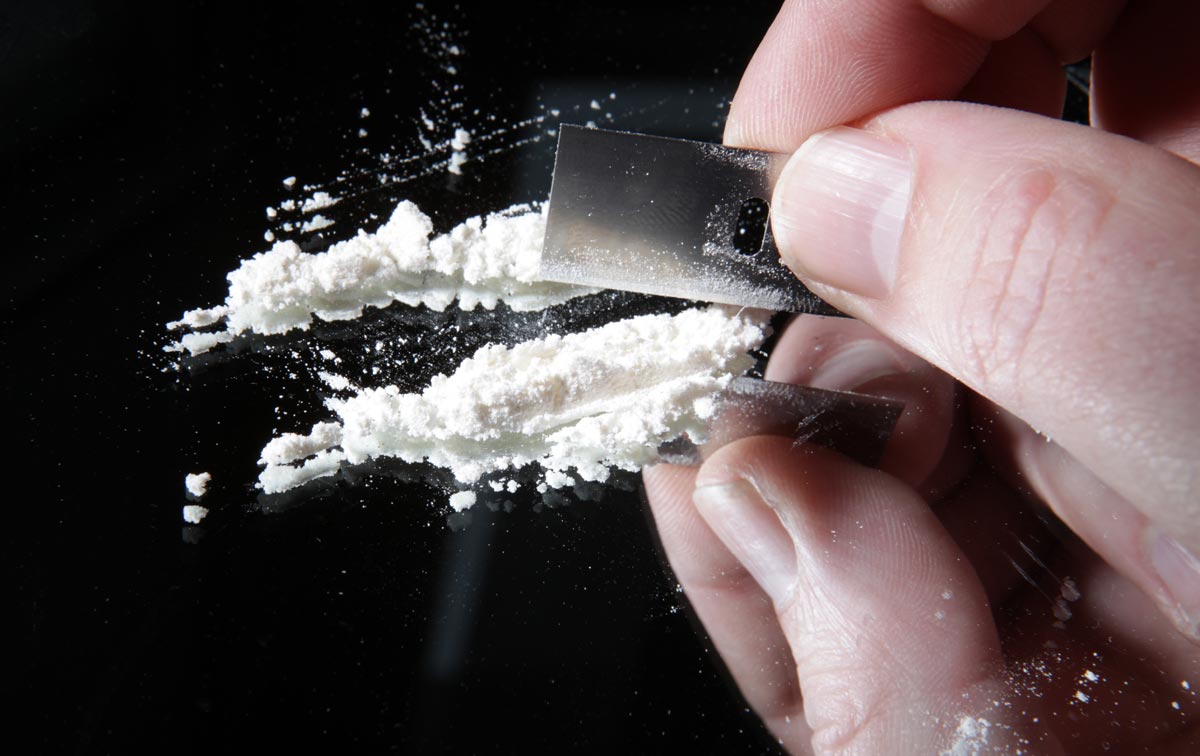
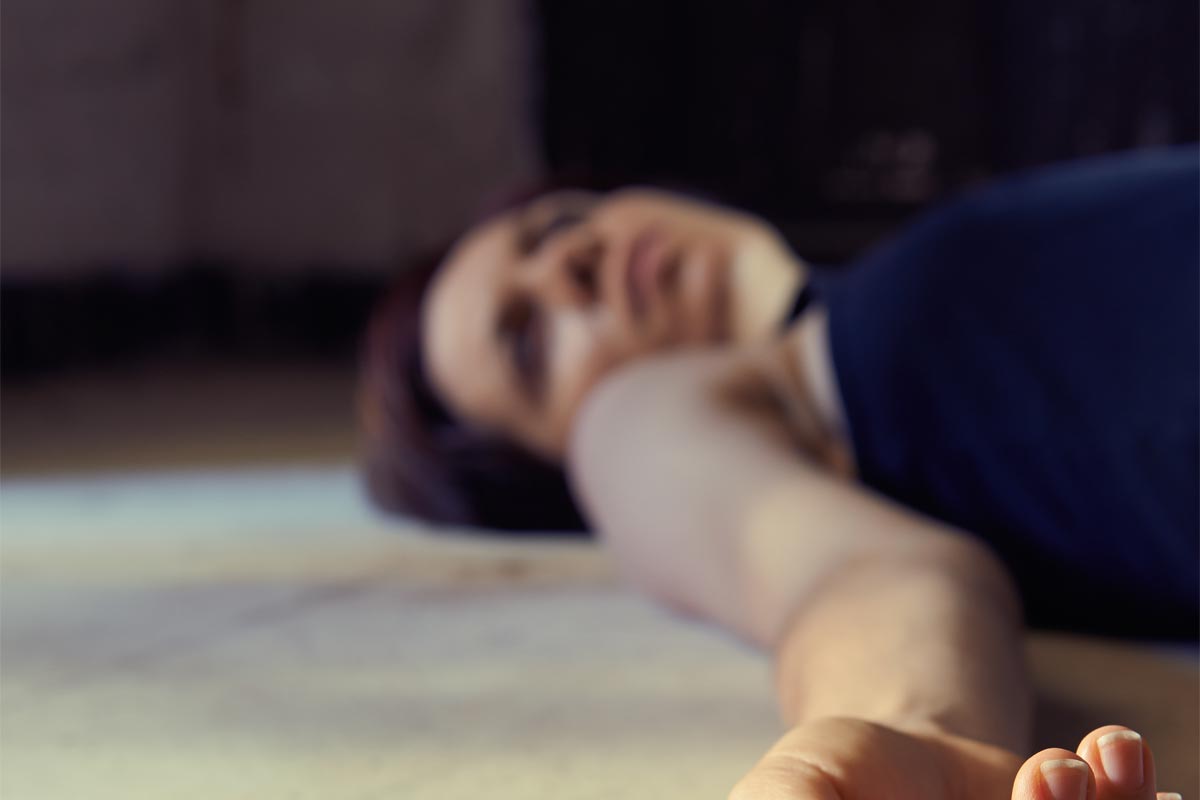

 Sober curious can also mean “trying out” sobriety, with the intention of it not being permanent. For example, many people use “Dry January” to experiment with
Sober curious can also mean “trying out” sobriety, with the intention of it not being permanent. For example, many people use “Dry January” to experiment with 
 4. “I am relying on myself not drinking”
4. “I am relying on myself not drinking”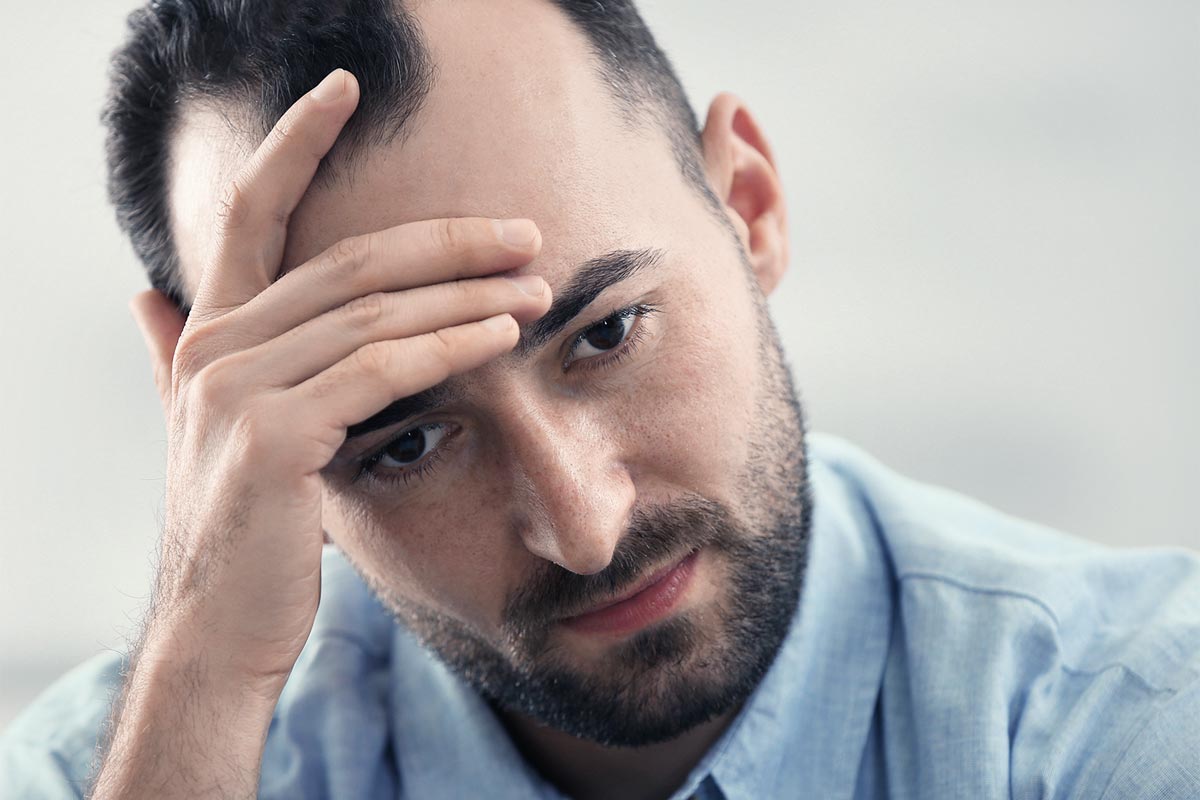
 If you’re facing a
If you’re facing a 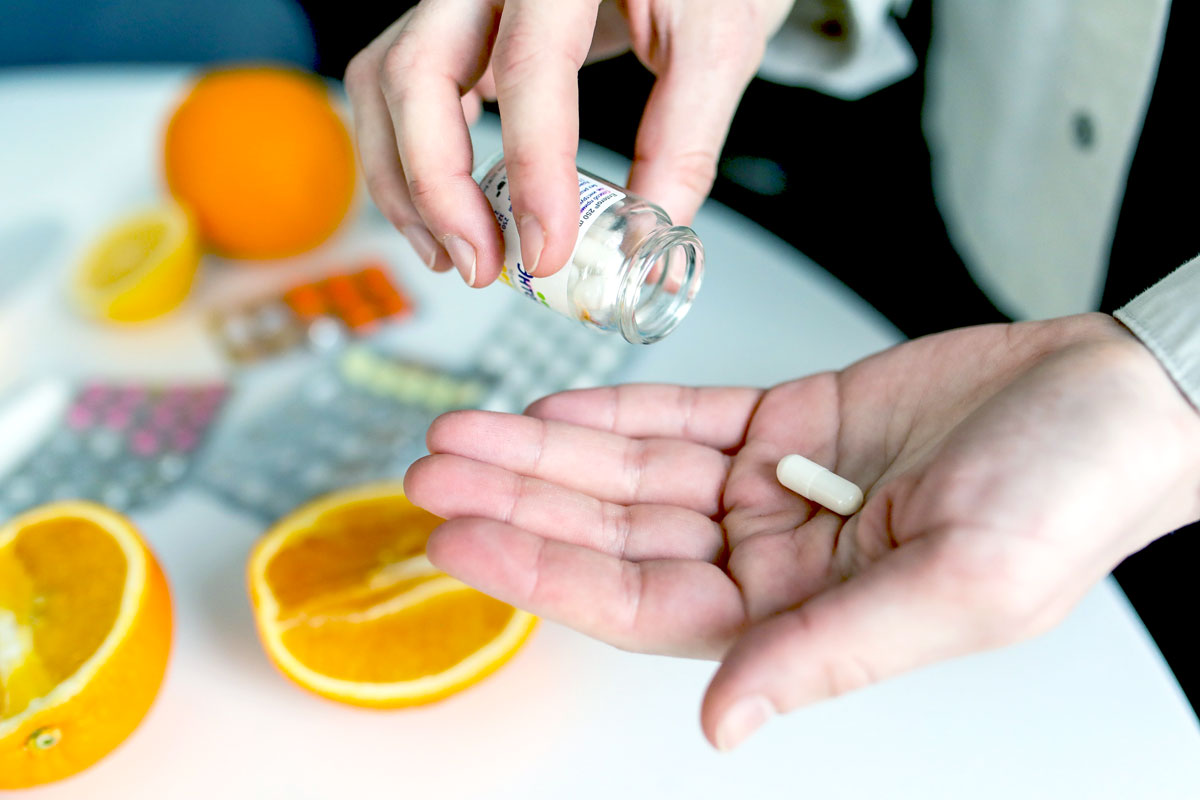
 For many people, opioids are the most addictive drug. In fact, fentanyl, an extremely strong opioid, is one of the most addictive in the world, and also takes part in some
For many people, opioids are the most addictive drug. In fact, fentanyl, an extremely strong opioid, is one of the most addictive in the world, and also takes part in some 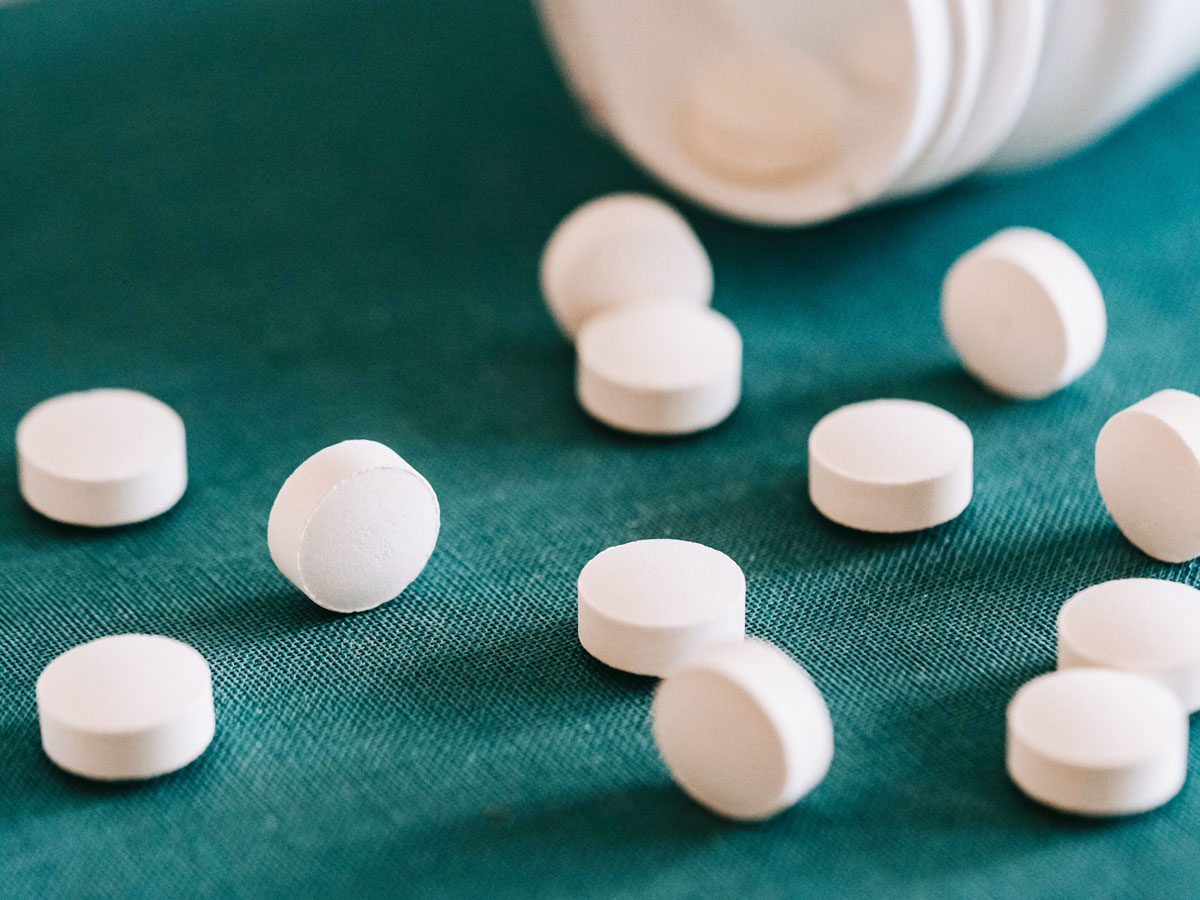
 If you or a loved one is struggling with a prescription medicine,
If you or a loved one is struggling with a prescription medicine,